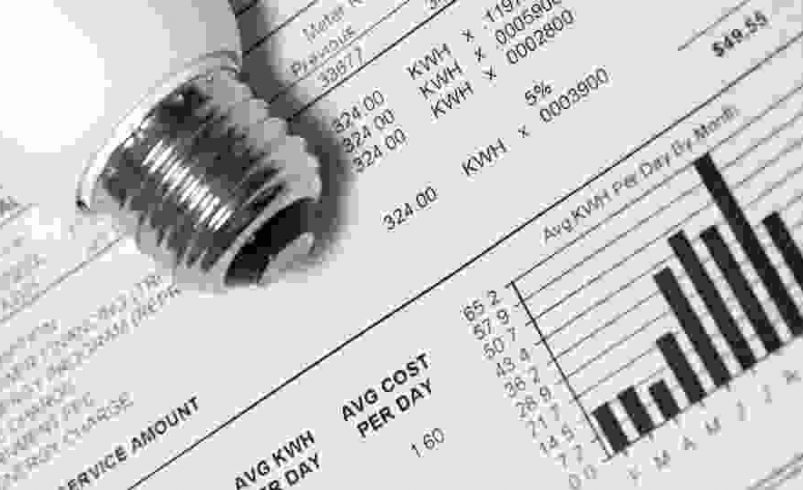Consumer group urges NEA to assess power co-ops beyond rates
- August 6, 2025
- 0

Consumer advocacy group Laban Konsyumer Inc. (LKI) is urging the National Electrification Administration (NEA) to release a full comparative analysis of electric cooperatives’ (ECs) service performance—not just electricity rates—amid recent claims that the majority of ECs offer lower rates than Meralco.
The group argued that focusing solely on price without assessing service reliability and adequacy is a disservice to consumers.
“Instead of comparing ‘apples to oranges’, Laban Konsyumer Inc asks the National Electrification Administration to come out with a comprehensive analysis and service records of the country’s electric cooperatives,” the group said in a statement.
This follows NEA’s announcement, reported yesterday, that 90 out of 121 ECs nationwide charged PHP 1.00 to PHP 4.00/kWh less than Meralco between January 2024 and June 2025. The findings were based on a PHILRECA-led comparison of residential electricity rates.
While LKI acknowledged that many ECs offer cheaper power, the group stressed that consumers also deserve substantial, adequate, and sustainable electricity service.
“It must be unfair for the other distribution facilities to be compared with electric cooperatives that offer mediocre service,” LKI said.
Quoting a 2019 Asian Development Bank report by Shinichi Taniguchi, LKI highlighted disparities in electricity access (98% in Metro Manila compared to 40.9% in parts of Mindanao) as a reminder of the service gap between urban private utilities and rural ECs.
“These are not cheap but will definitely bring stability in consumer electricity especially during calamities,” LKI said, referring to investments by private distribution utilities in disaster-proofing their power lines and building reserve capacity.
The group called on NEA to release historical updates on the rural electrification program that began in the 1960s and to include key metrics such as service reliability, system losses, and financial health in its assessments, not just electricity prices.
“That is why the functions of the Department of Energy and the Energy Regulatory Commission are vital to the consumers, they should be balancing the cost and services these distribution facilities are providing,” LKI added.
LKI concluded by reiterating its call for “full transparency and accountability in the electrification sector” and urged NEA to realign with its core mission of delivering reliable, affordable, and efficient energy service to all Filipinos.
Do you think cheaper electricity is worth it if service quality suffers? How should the NEA balance affordability with reliability? Share your thoughts.
Follow Power Philippines on Facebook and LinkedIn or join our Viber community for more updates.